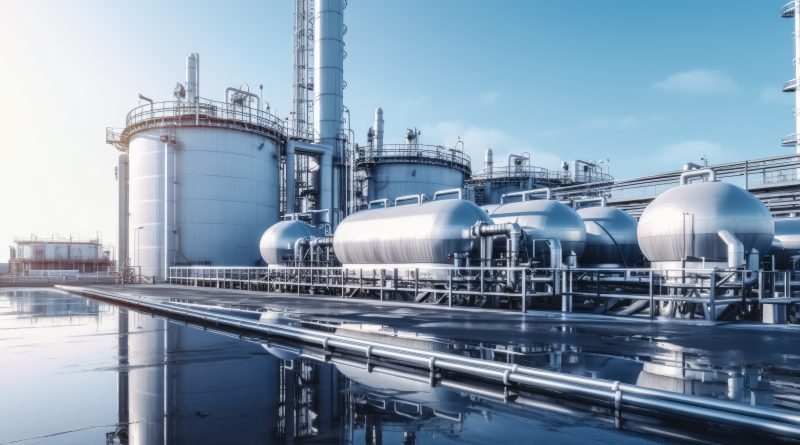Top five hydrogen companies
Hydrogen is increasingly being recognized as a promising fuel source to play a major role in decarbonizing industries and reducing greenhouse gas emissions. As a result, many companies have started investing in hydrogen-related technologies and infrastructure. We share the top five companies leading the way in this field.
1. Air Products
One of the leaders in supplying industrial gases, Air Products is a leader in liquefied natural gas processing technology and equipment. It is also one of the world’s largest suppliers of merchant hydrogen.
2. Plug Power
Plug Power is a pioneer in the hydrogen fuel cell industry. It created the first commercially viable market for hydrogen fuel cell technology. It has deployed an industry-leading 60,000 fuel cell systems for the e-mobility market (using electric powertrain technologies to power vehicles and fleets). It is one of the world’s largest hydrogen buyers, and operates a leading hydrogen refueling network in North America with over 180 fueling stations.
3. Linde
Linde has developed several technologies to efficiently compress and safely refuel hydrogen. It also offers technologies to lower the carbon emissions of hydrogen through carbon capture and storage.
In 2023, the company agreed to invest $1.8 billion to supply clean energy to a large-scale blue ammonia plant in Texas, which is set to begin in 2025. Linde will build the carbon capture infrastructure needed to sequester over 1.7 million metric tons of carbon dioxide per year, offsetting the emissions of the hydrogen supplied to the plant.
4. Ballard Power Systems Inc
As a developer and manufacturer of proton exchange membrane fuel cell products for markets such as heavy-duty motive, portable power, material handling as well as engineering services, Ballard has designed and shipped over 400 MW of fuel cell products to date.
5. Hydrogenics
Hydrogenics uses water electrolysis and proton-exchange membrane technology develope and manufacture hydrogen generation and fuel cell products. Hydrogenics is divided into two business units: OnSite Generation and Power Systems.
These companies are driving innovation and advancements in hydrogen-related technologies and infrastructure. As the world increasingly turns to hydrogen as a clean and sustainable fuel source, these companies play a crucial role in shaping the future of energy and decarbonizing industries. With ongoing investments and advancements, they are at the forefront of driving the adoption of hydrogen as a key component of the global energy transition.
